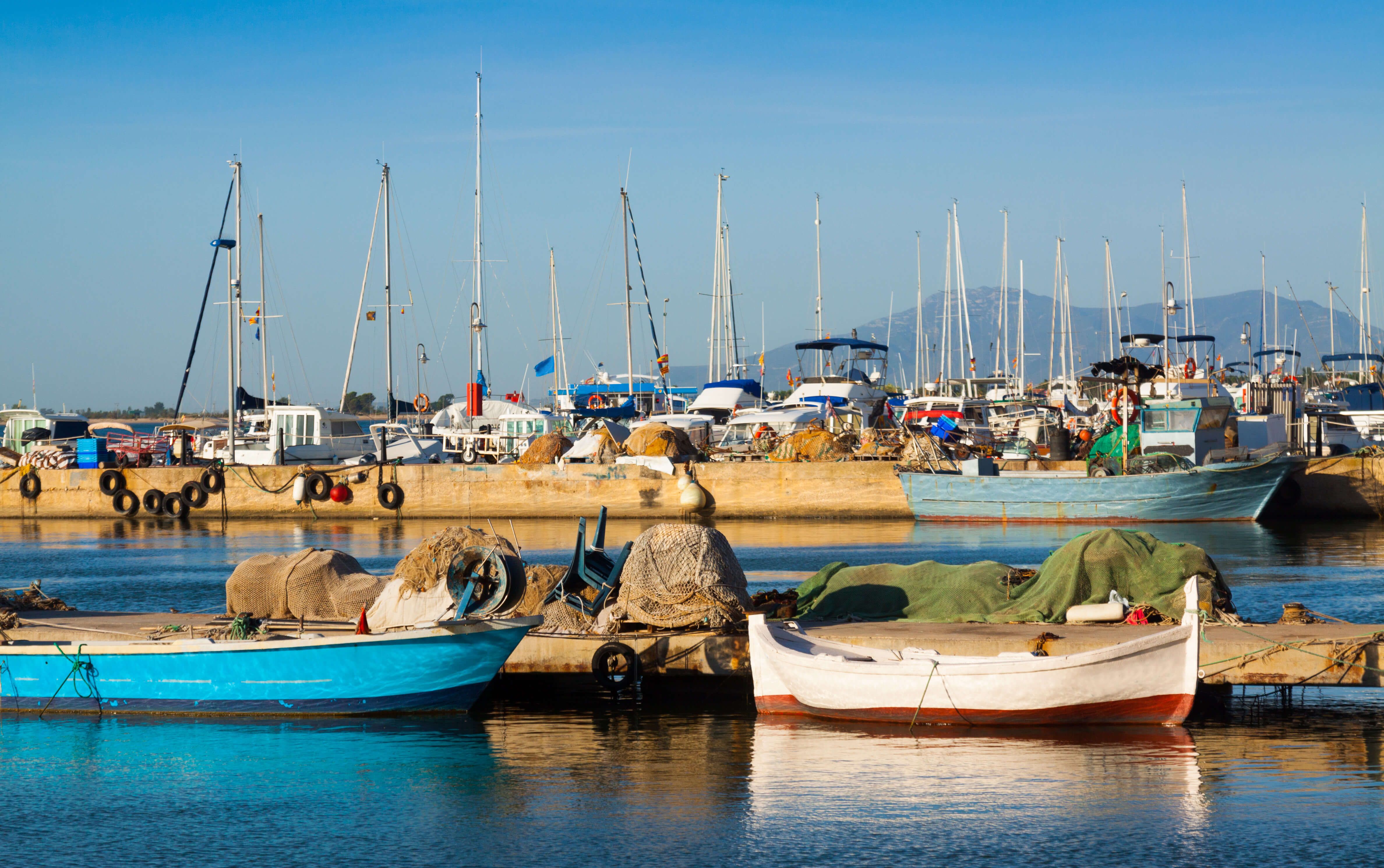- All guides
- Spain Getting an NIE number in Spain: What you need to know in 2025
Getting an NIE number in Spain: What you need to know in 2025
In this article:
- Alex Radford from My Lawyer in Spain discusses the Spanish NIE
- Understanding the NIE and the Spanish System
- What is an NIE Number?
- Why Do I Need an NIE in Spain?
- Do I Still Need One If I’m Not Moving to Spain?
- Can I Get an NIE Without Being in Spain?
- Can I Still Make an Offer on a Property Before I Get My NIE?
- What If I Want to Apply for My NIE Myself?
- Do Children Need an NIE Number Too?
- Final Tips Before You Apply for Your NIE
If you are planning to buy a property, open a bank account, or do just about anything official in Spain, you will need an NIE number. It might sound like just another bit of tedious bureaucracy to work through, but your NIE is your ticket to unlocking almost every financial and legal process in the country. From paying taxes on your new home to applying for utilities or purchasing a car, your NIE is how the Spanish authorities recognise you as a foreigner with legal and fiscal obligations.
Although the process might seem daunting at first, it is usually straightforward with the right guidance. Whether you are applying in person or using a power of attorney, this article explains what the NIE is, why it matters, and how to get one in 2025.
Understanding the NIE and the Spanish System

Spain has a highly structured administrative system that relies on official identity numbers to manage everything from taxes to utilities. For Spanish nationals, this is the DNI (Documento Nacional de Identidad). For foreigners, the equivalent is the NIE (Número de Identidad de Extranjero).
Rather than treating foreigners as temporary visitors with limited access, Spain’s system integrates non-residents into the same administrative framework used for citizens. The NIE ensures that any legal or financial transaction involving a non-resident is properly recorded and taxed, while also allowing foreign buyers and visitors to set up essential services like banking, insurance, and property ownership. In other words, your NIE is necessary to ensure everything you need to do in Spain can be linked back to you for legal purposes.
What is an NIE Number?

The NIE, or Número de Identidad de Extranjero, is your Spanish tax identification number as a foreign national. It is issued by the national police and is required for almost every official process that involves money or paperwork. If you are buying property in Spain, this number will appear on your tax records, legal contracts, bank details, and utility documents.
It is a personal number that stays with you for life and is not tied to your residency status. Even if you never intend to live in Spain full-time, having an NIE is essential if you are making any legal or financial commitments in the country.
Why Do I Need an NIE in Spain?

The most common reason people apply for an NIE is because they are buying property in Spain. If you are doing that, you will need to pay taxes on the purchase, and you cannot do that without an NIE. Your NIE will also be required when you open a Spanish bank account, apply for a mortgage, or register for local services such as water and electricity. You may also need one if you plan to buy or lease a car, take out insurance, or set up a company.
In short, if you are doing anything official in Spain that involves your name on a contract or money changing hands, the NIE is going to come up sooner rather than later. It is the very first thing we advise our clients to sort out when they start planning a purchase here.
Do I Still Need One If I’m Not Moving to Spain?

The NIE is required even if you’re not becoming a resident. It doesn’t matter if your property will be a holiday home or an investment that you rent out. You still need to be registered in the system, and the NIE is how Spain identifies you.
Some people worry that having an NIE number will automatically make them a Spanish tax resident. That’s not the case. You only become a tax resident if you spend more than 183 days in Spain during the calendar year. Getting an NIE simply means you are on file with the tax office and legally able to carry out transactions.
Can I Get an NIE Without Being in Spain?

Yes, you can. If you're still in your home country, it is possible to apply for an NIE remotely by giving power of attorney to a legal representative in Spain. This can be arranged in front of a notary where you live or at your nearest Spanish consulate. Once the power of attorney is in place, your representative can submit the application, handle the paperwork at the police station, and collect your NIE for you.
The process is usually straightforward. In many cases, the number can be issued within one to two weeks. It will then be registered with the Spanish tax office, which means you are officially set up and ready to move forward.
For many buyers, applying remotely is the easiest option. It lets you get ahead without having to make an extra trip or wait around for paperwork before things can begin.
Can I Still Make an Offer on a Property Before I Get My NIE?

Yes, you can. There is no need to wait for your NIE before you start your property search. You can view homes, speak with agents, make offers, and even sign a reservation contract while your application is being processed.
The only point where an NIE becomes essential is when it is time to sign the final purchase deeds in front of a notary. As long as your number is ready by that stage, you are good to go. Since most NIE applications are completed in less time than the full property purchase process, it usually arrives well before completion day. Still, it is always a good idea to apply early to avoid unnecessary stress.
What If I Want to Apply for My NIE Myself?

You can apply in person if you prefer. If you are already in Spain, you can make an appointment at the local police station or immigration office, known as the Oficina de Extranjeros. Before your appointment, you will need to download and fill in the EX-15 application form. This must be typed in Spanish and brought to your appointment unsigned. You will also need to complete a separate tax form called the Modelo 790-012 and pay the relevant fee at a local bank.
At the appointment itself, bring your original passport, a photocopy, and any documents that show why you need an NIE. If you are buying a property, this might be a reservation form or a letter from your agent. The exact paperwork can vary slightly by region. In some locations, it may be helpful to hire a gestor, which is a type of local administrator who assists with official documents.
If you are applying from the UK, you can also go through the Spanish consulates in London or Edinburgh. The steps are similar, although you should check each consulate’s website for the latest requirements. Appointments tend to be in high demand, so it is best to plan well ahead.
Do Children Need an NIE Number Too?

Yes, they do. If your children are going to be named on any legal or financial paperwork in Spain, such as a property title or an inheritance agreement, they will need their own NIE number. The process is the same as for adults and can also be handled by a legal representative with the correct authorisation.
Final Tips Before You Apply for Your NIE
The paperwork must be completed in Spanish, so it is worth getting help from a bilingual expert if you are unsure. This is especially important for the EX-15 and Modelo 790-012 forms. Remember not to sign anything until your appointment, as you will be expected to do that in person in front of an official.
It is also best to type your responses into the forms rather than write them by hand. Typed forms are easier to read and process, which can help avoid delays.
While it might feel like a small administrative step, getting your NIE in place early will save you time and headaches later on. It is the starting point for everything from taxes to utility setup and lets you move through the buying process with confidence.
Be the first to comment!